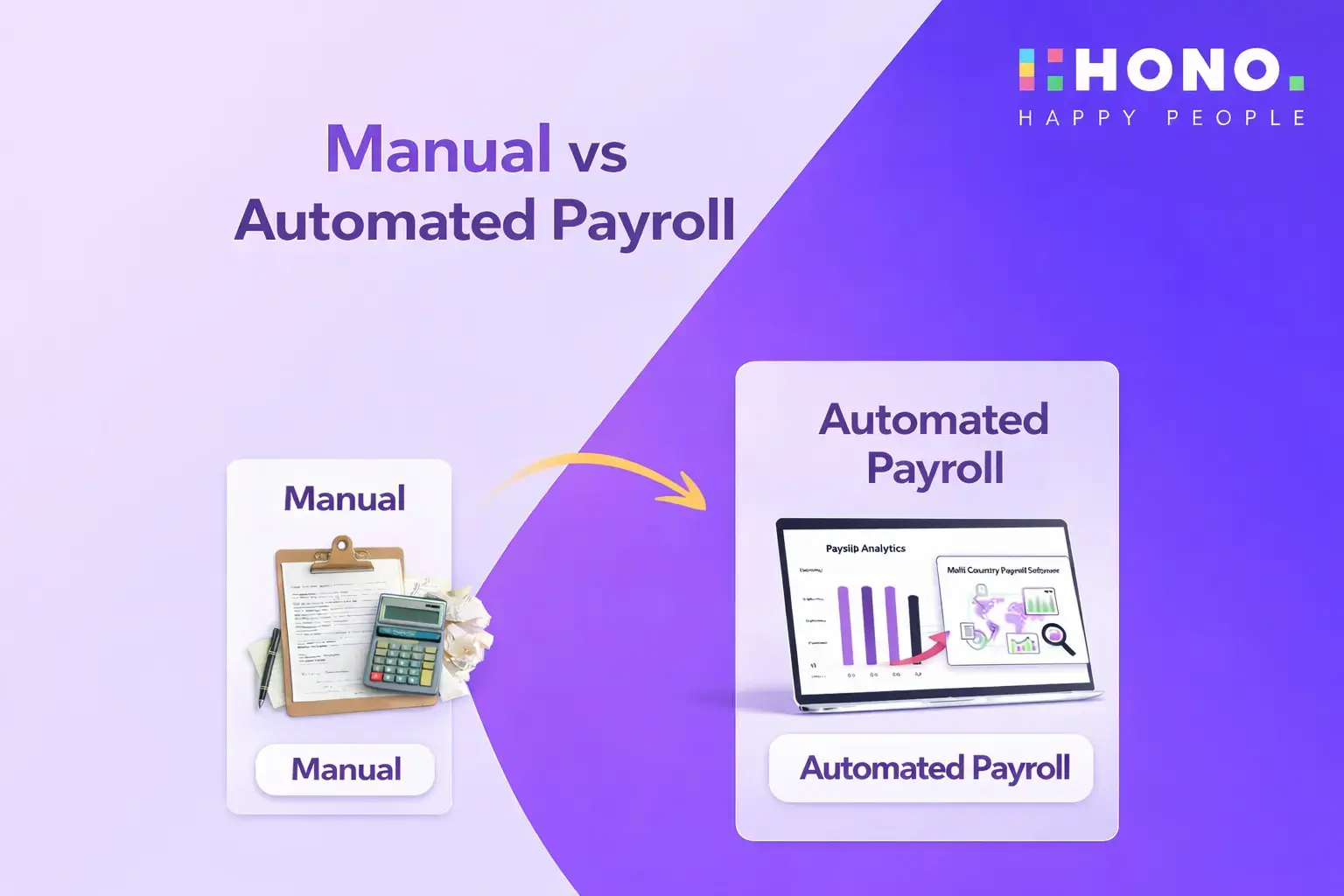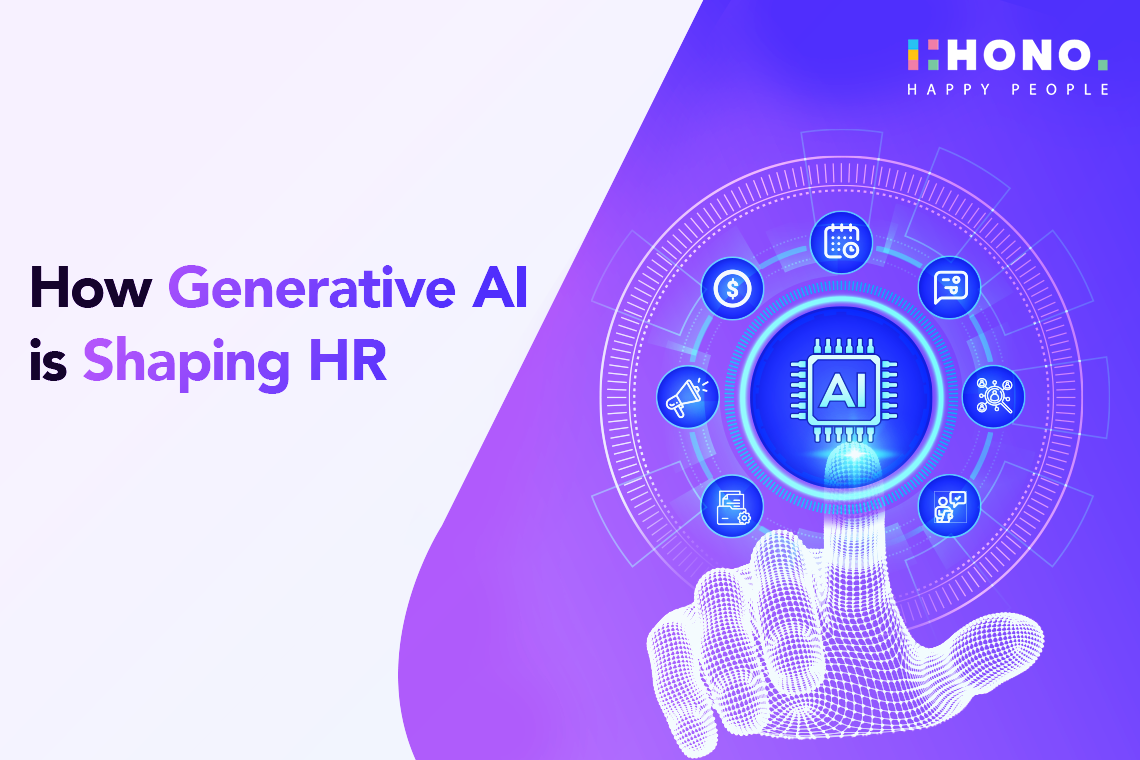Employee Value Proposition: A Comprehensive Guide to Attracting and Retaining Top Talent in Today's Market
9 mins

Understanding EVP and Its Significance in Modern Hiring
As per a report by Gartner, organizations that effectively deliver on their EVP can decrease annual employee turnover by just under 70% and increase new hire commitment by nearly 30%.
What is EVP?
An employee value proposition is the distinct value you provide as an employer to your employees in exchange for their talents, expertise, and dedication to your organization. This encompasses elements like compensation, perks, incentives, career growth, and work-life balance, as well as your values, mission, social purpose, and organizational culture.
Essentially, the goal of your EVP is to find and explain all of the unique perks and experiences employees may expect if they choose to work for your company. It also explains why your organization is the ideal fit for the employees who flourish there and assists you in attracting the right individuals who are aligned with your unique proposition.
Importance of EVP in Job Market
Standard recruiting practices that worked in the past are ineffective if you're searching for top talent in today's market, which features better opportunities and the emergence of internet job boards and career sites. Here are some key points to understand the importance of an effective Employee Value Proposition in today's job scenario.
1. Job applicants have more options.
This implies that firms must engage with applicants from the outset. Today's astute applicants frequently conduct research on a firm before submitting their application. You may either let applicants build their own opinions about the firm based on what they read online, or you can utilize your EVP to assist them from this view.
2. Both employers and workers want the appropriate "fit."
It is just as crucial to have the necessary ability and experience for the job as it is to fit in. Having a strong EVP may help you screen out the incorrect applicants while also ensuring you identify the best candidate for the job and your organization.
Third, to succeed in the competition for top talent, you need to know what sets you apart as an employer.
The key questions to ask yourself as an employer:
- Why would a highly talented person choose to work for us?
- What distinguishes our company from its competitors?
- Is it the company culture?
- What are the advantages, rewards and opportunities?
This factor provides your organization with a competitive edge, and also serves as the foundation for establishing a powerful and appealing Employer Value Proposition.
Must Read: AI-Powered Recruitment: How to Find the Best Candidates Faster and Smarter (hono.ai)
Components of a Stellar EVP
A stellar EVP normally consists of five major components
1. Salary, benefits, and perks
The fight for talent is on, and you won't be able to recruit the top employees if you don't provide competitive pay packages. Aside from competitive pay and benefits, advantages like flexible hours and hybrid mode can help persuade potential workers that your organization is the appropriate match for them.
2. Career prospect
Candidates are interested in the job's potential for long-term employment and professional growth. Many job candidates nowadays are considering their next job even as they begin their present one. Candidates can better visualize their future with your company if you lay out the role's expected responsibilities and progression within the organization.
3. Work environment
If you keep doing things the same way you did 20 years ago, you won't be able to employ the most capable people. Similarly, if you rely on outdated technology and obsolete policies, you're unlikely to attract top people. Create a bright, pleasant work atmosphere that will attract the greatest job candidates.
4. Work-life synergy
Do you expect your staff to work nonstop? Or are you more concerned with establishing a healthy work-life balance? If your organization has a reputation for working its people to death, it will be more difficult to recruit the top prospects.
5. Business culture
What is the essence of your company? The purpose, values, ethics, social responsibility, expectations, and goals of the firm all contribute to its culture. Some businesses have a team-oriented culture that encourages employee engagement at all levels, whilst others have a more traditional and formal management approach. Employees respect company culture because they enjoy their jobs better when their needs and values align with those of the business.
These were some components/key EVP examples.
1. Building Your EVP: Step-by-Step Guide
In order to attract and retain top talent, your organization has to communicate its value proposition to prospective employees. To assist you in developing an engaging EVP, below is a step-by-step guide/ EVP best practices:
2. Find Out Who You're Talking To
You need to know your audience through and out before you can create an effective employee value proposition (EVP). Gather information on their likes, dislikes, values, needs, and aspirations through surveys, focus groups, and interviews.
3. Define Your Brand
The beliefs, goals, and ethos of your company should inform your EVP. In order to attract and retain top talent, your organization must clearly communicate its unique selling points to potential workers.
4. Find the Main Ideas and Distinctive Features
Determine the overarching ideas and points of differentiation that will resonate with your target market based on your research and brand definition. Career advancement, a healthy work-life balance, shared ideals, generous benefits, competitive pay, and more could all fall into this category.
5. Create an Executive Summary
Your unique selling proposition (USP) should be clear, interesting, and convincing. It ought to convey the core values and benefits of working for your company. Take into account the following format:
- Provided Services: Bring attention to the special features and services you offer.
- Your Expectations Specific staff contributions should be mentioned.
- Your unique qualities: Defend the merits of working at your company.
6. Harmonize with Corporate Objectives
Make sure your EVP fits in with the rest of your company's goals. It ought to be in line with the company's overarching objectives. Candidates that are eager to help your company thrive will apply if your EVP is compelling enough.
7. Maintain Regular Communication
Communicating your EVP consistently across all touchpoints is crucial. Everything from your company's website and job listings to social media and career fairs falls under this category.
8. Get Your Staff Involved
Get your present staff involved in developing and testing your EVP. Their feedback can help refine the EVP and make it more reflective of the employee experience.
10. Prove and Adjust
Start using your EVP and get input from potential workers and prospects. Examine how well it works to both recruit and keep top talent. Make use of this information to fine-tune and enhance your EVP over time.
11. Show Real Stories
Showcase the value of your employee value proposition by providing examples of how your previous employees have benefited from it. Your message will sound more genuine and reliable as a result.
12. Evaluate and Modify
Evaluate your EVP on a regular basis by tracking how it affects recruitment, engagement, and retention rates. Based on the information and comments you receive, make any necessary changes.
13. Leveraging EVP in Recruitment Marketing
Here are the top 5 strategies for leveraging your Employee Value Proposition (EVP) in recruitment marketing:
14. Customized Messages
Develop recruiting messages that highlight the benefits and experiences that will most appeal to your target audience, in line with the major themes and differentiators of your EVP.
15. Uniformity in Branding
Keep your employer value proposition (EVP) consistent across all channels of recruiting to strengthen your employer brand and leave a lasting impression on potential employees.
16. Interesting Content
Make short engaging videos, get employee testimonials, and share success stories that show how your EVP has impacted employees' lives and careers.
17. Personalization
Recruit for certain types of candidates by highlighting the features of your employer value proposition (EVP) that will most appeal to each kind.
18. Feedback from the Team
Provide credibility and insight into how your EVP affects existing workers' careers and lives by sharing true experiences told by current employees.
EVP and Employee Engagement: Fostering Long-Term Commitment
The key to effective management today is a deep familiarity with each employee's strengths, weaknesses, goals, and preferred working style.
1. Assist their growth
There has never been a time when professional life, private life, and health have been more intertwined. Taking care of employees on all fronts not only saves money, but also boosts morale and productivity.
2. Make the most of their abilities
Employers are required to give growth opportunities in place of permanent jobs and pensions. Your top talent pool will expand as a result of your investment in their professional growth and development.
3. Encourage togetherness
Without a sense of belonging, workers are less likely to give their all to their employer. Employee retention and excellence depend on your ability to create a feeling of community inside your organization, your team, and your job.
4. Boost their achievements
What an organization values most is what it invests in most. Publicly recognising and rewarding employees' successes guarantees a multiplier effect.
By embracing the power of an EVP-driven talent strategy, you increase your company's appeal, strengthen its image, and create a clear and compelling promise that resonates across the employee lifecycle. It is a path of aligning principles, creating experiences, and cultivating connections that will eventually convert your company into a destination sought after by the finest in the business. You don't only recruit people with a well-executed EVP; you invite them to be a part of a vibrant and meaningful journey that contributes to the success and profitability of your organization.
In today's competitive talent market, a strong employee value proposition (EVP) is essential for attracting and retaining top talent. An HCM system can help you develop and communicate your EVP, track employee performance and development, and manage compensation and benefits. By using an HCM system, you can get a better understanding of your top talent and take steps to ensure that they are happy, engaged, and motivated.
Request a Demo Now!
Frequently Asked Questions
HCM software automates and streamlines HR processes, making them more efficient and accurate. It provides a centralized platform for managing employee data, tracking performance, facilitating talent acquisition, and improving employee engagement. By leveraging HR management software, organizations can save time, reduce administrative burdens, make data-driven decisions, and enhance overall HR operations.
AI-driven HONO is considered the best HR software due to its innovative use of Artificial Intelligence (AI) to streamline and enhance HR processes. Here’s why. It provides actionable, data-driven insights that enable HR professionals to make informed decisions, improving overall organizational effectiveness and strategic planning. HONO automates repetitive and time-consuming HR tasks, allowing HR personnel to focus on more strategic activities, thereby increasing overall productivity and efficiency. HONO is scalable and adaptable, catering to the evolving needs of organizations, regardless of their size or industry.
Choosing the right Employee Management Software involves considering several factors to ensure it meets the organization’s needs. Here’s a guide to help you choose. Clearly define what you need the HRMS software to achieve, considering aspects like attendance tracking, performance management, and employee development. Determine a budget considering both the initial cost and ongoing expenses like subscription fees, updates, and support. Ensure the HCM software integrates seamlessly with other systems and tools used in your organization, such as payroll and attendance systems. Opt for cloud HCM with an intuitive and user-friendly interface to ensure ease of use for both HR personnel and employees. Assess the human capital management solution's security features and its ability to comply with relevant laws and regulations to protect sensitive employee data. By considering the above factors and conducting thorough research, you can select an Employee Management Software that aligns with your organizational goals and enhances overall workforce management.
.png?width=70&height=70&name=Team%20HONO%20logo-01%20(1).png)
Team HONO








.jpg)
